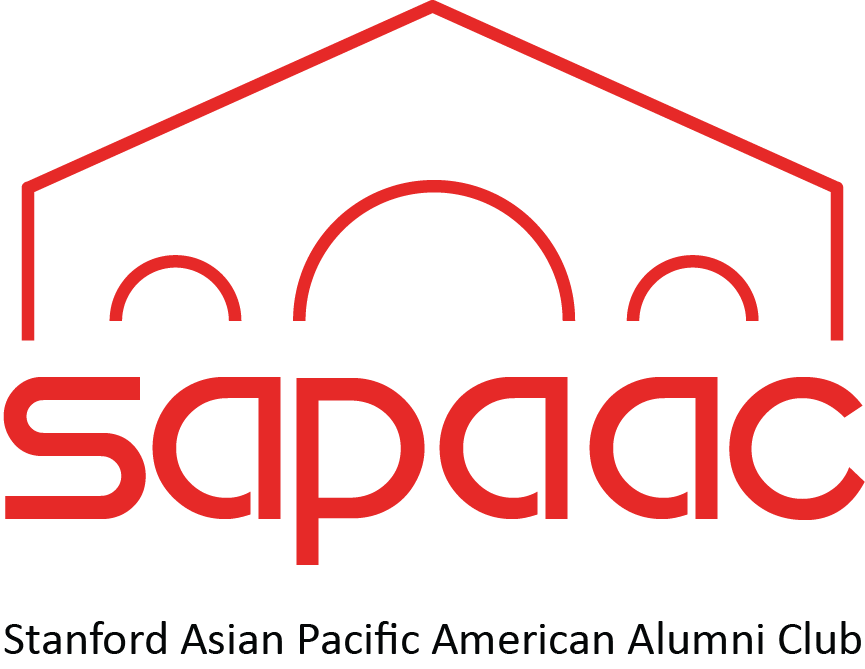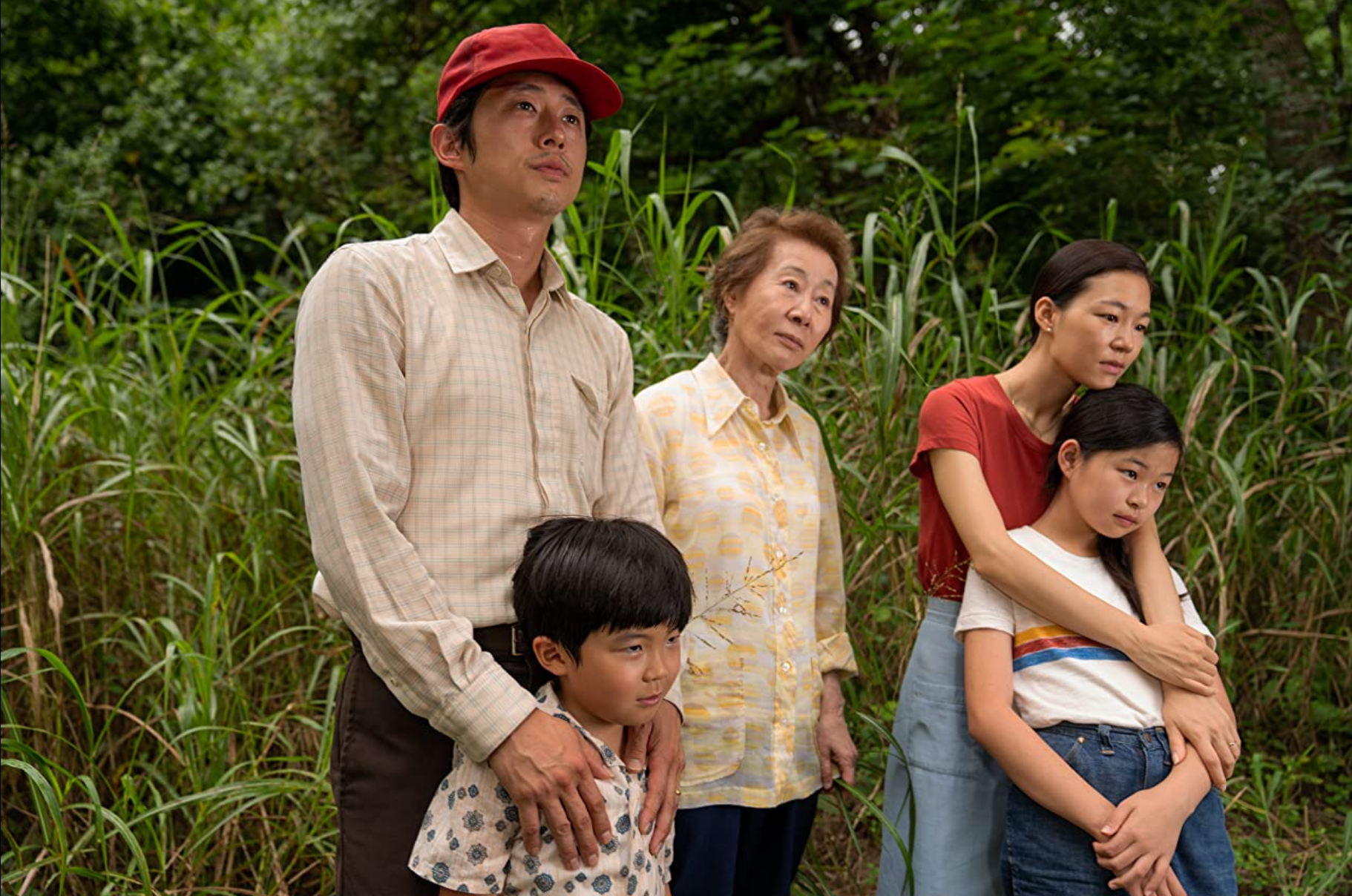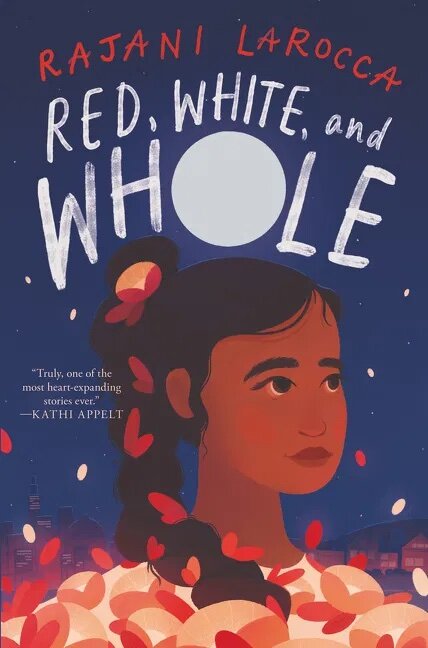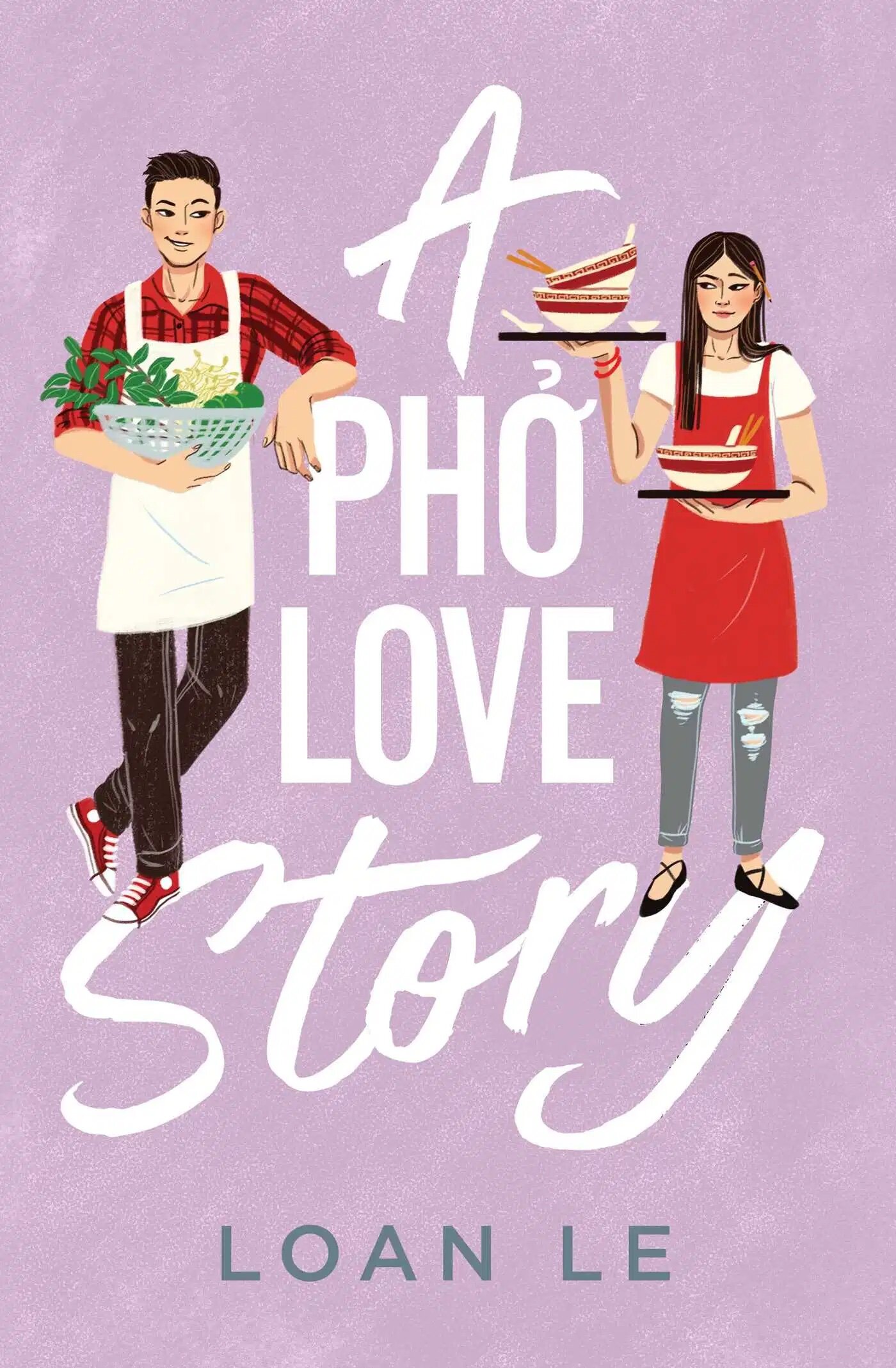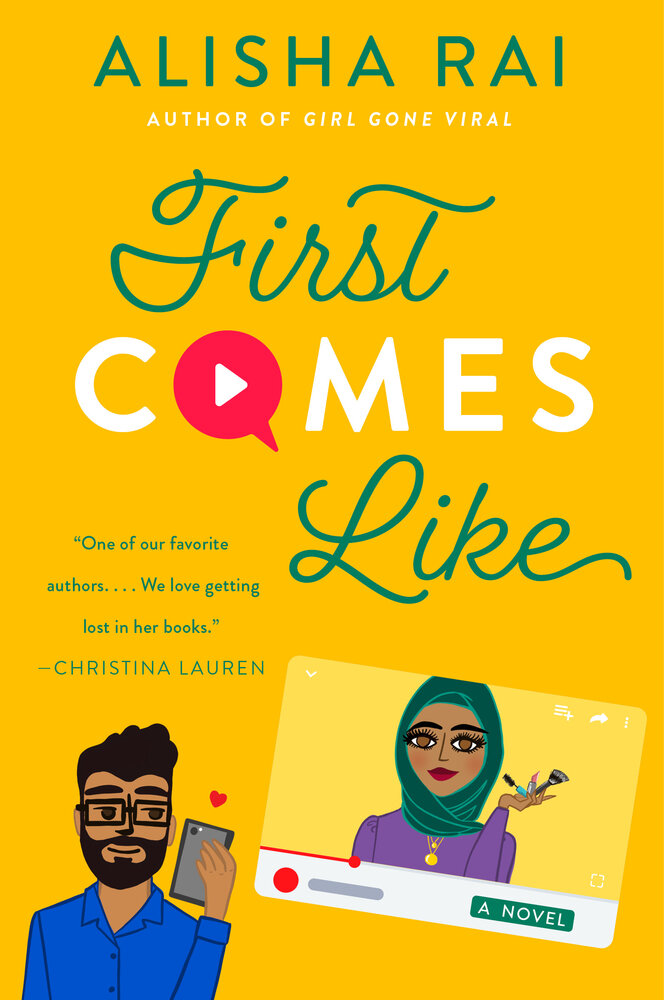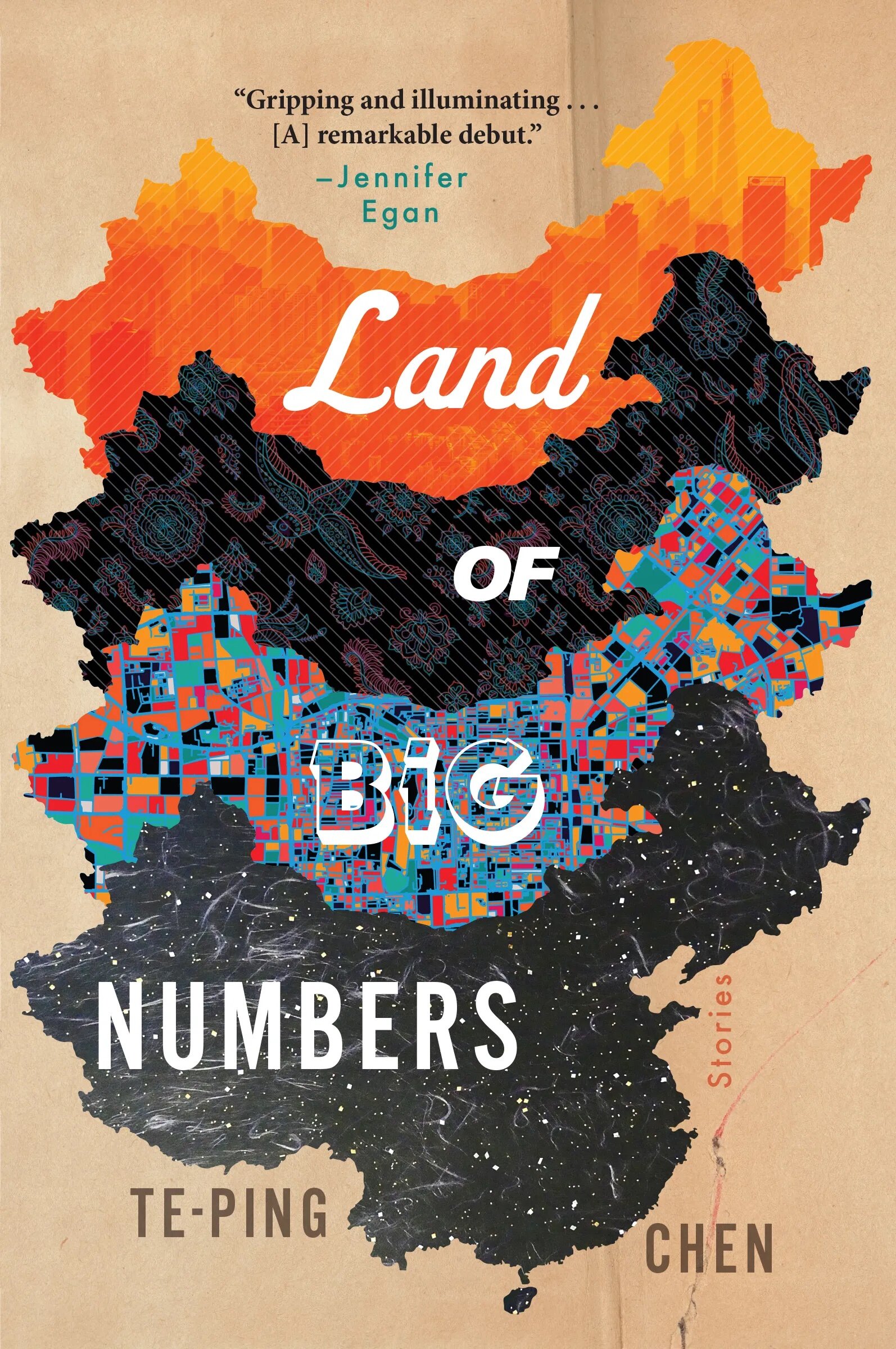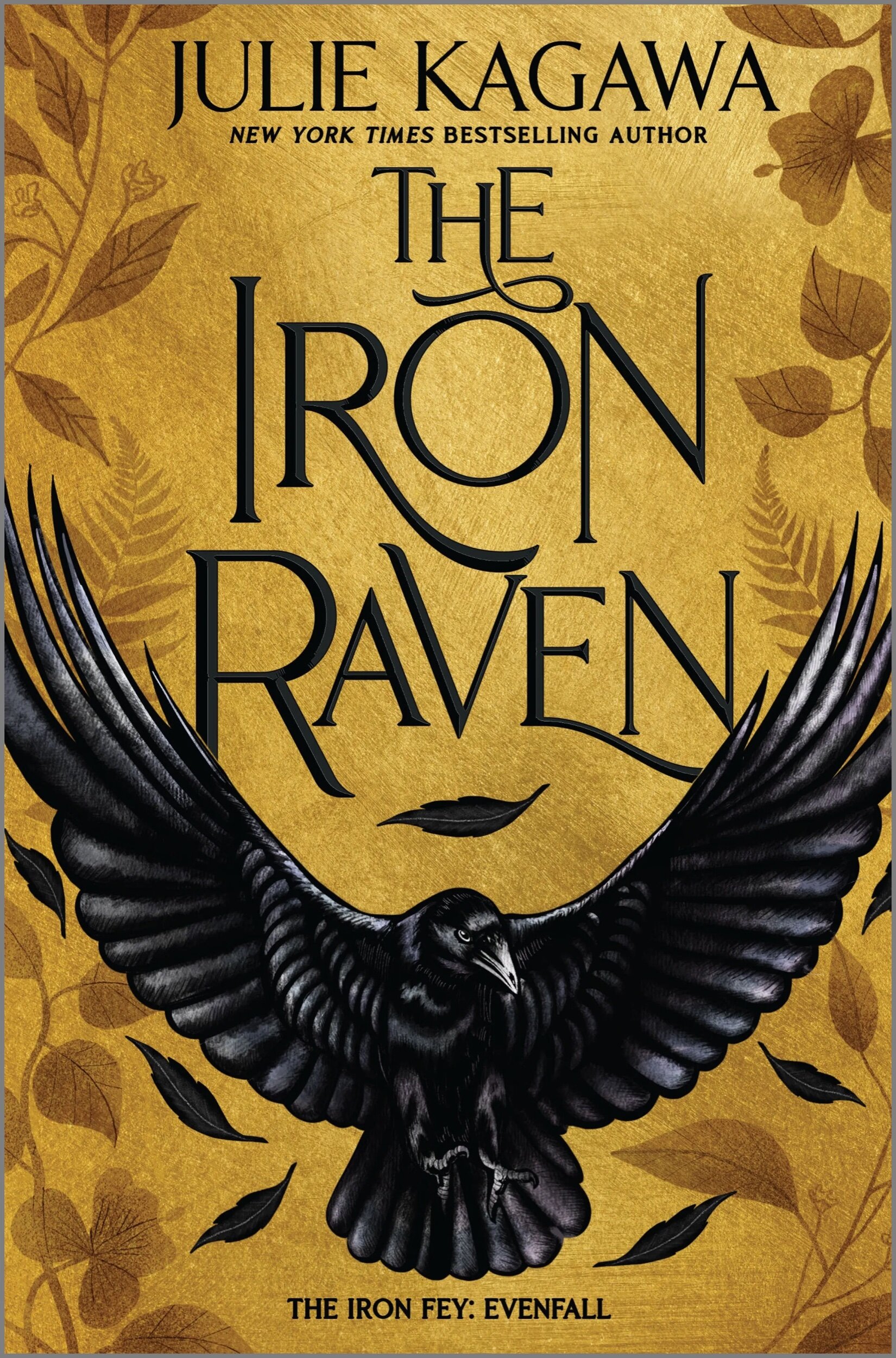Politics: Responding to Anti-Asian Violence
California passed legislation that will allocate $1.4 million to researching and reporting anti-Asian hate incidents, which have shown an alarming increase since the pandemic began. An elderly Thai man in San Francisco was killed, and multiple assaults have been committed against people of Asian descent in Oakland, New York, Los Angeles, and other cities. In response, several grassroots events aimed at cross-racial solidarity are taking place across the country.
Human Rights Watch, an international NGO, has called for federal action against the uptick in violence, which many believe is linked to incendiary language from the previous administration, suggesting that Asians are responsible for the spread of COVID-19 in the United States. Jeremy Lin, a Taiwanese American player who has played in the NBA, shared on social media that he had been called “coronavirus” on the court.
Both the Democrats and Republicans are seeking to recruit more AAPI candidates to continue activating the fastest-growing segment of the U.S. electorate.
Entertainment: Film, Television and Books
Director Chloe Zhao became the first Asian woman to win a Golden Globe for Nomadland. The film Minari, written and directed by Lee Isaac Chung, also won a Golden Globe—but was forced to compete in the Best Foreign Language Film category, despite it being about a Korean family living in the United States. Chung based the work on his upbringing in rural Arkansas.
The upcoming release of “Raya and the Last Dragon” represents the first Disney animated film to be directly inspired by Southeast Asian cultures. However, it has been criticized for mostly featuring East Asian voice actors, other than Vietnames American lead actress Kelly Marie Tran.
The Netflix reality show Bling Empire, starring an ultra-rich Asian American cast in Los Angeles, has provoked discussion on whether it represents a step forward or reinforces model minority stereotypes, if it’s fun and frothy or tone deaf, and the intersection of race, class and human foibles. Watch for yourself to decide:
A live-action remake of Nickelodeon's “Avatar: The Last Airbender,” which draws on East Asian mythologies, is also purported to be in the works, and has faced calls to avoid white-washing, by featuring Asian and Inuit actors. Eddie Huang, whose memoir inspired the television series “Fresh Off the Boat,” directs “Boogie,” a coming-of-age tale about a basketball-loving Asian American teen, played by Taylor Takahashi.
A number of books have already been published by Asian American authors this year, compiled by Shealea. National Book Award Winner Charles Yu established a prize for young Taiwanese American creative writers last month, with entries due April 18.
E-mail khsu@alumni.stanford.edu with ideas for Advocacy & Education updates.
